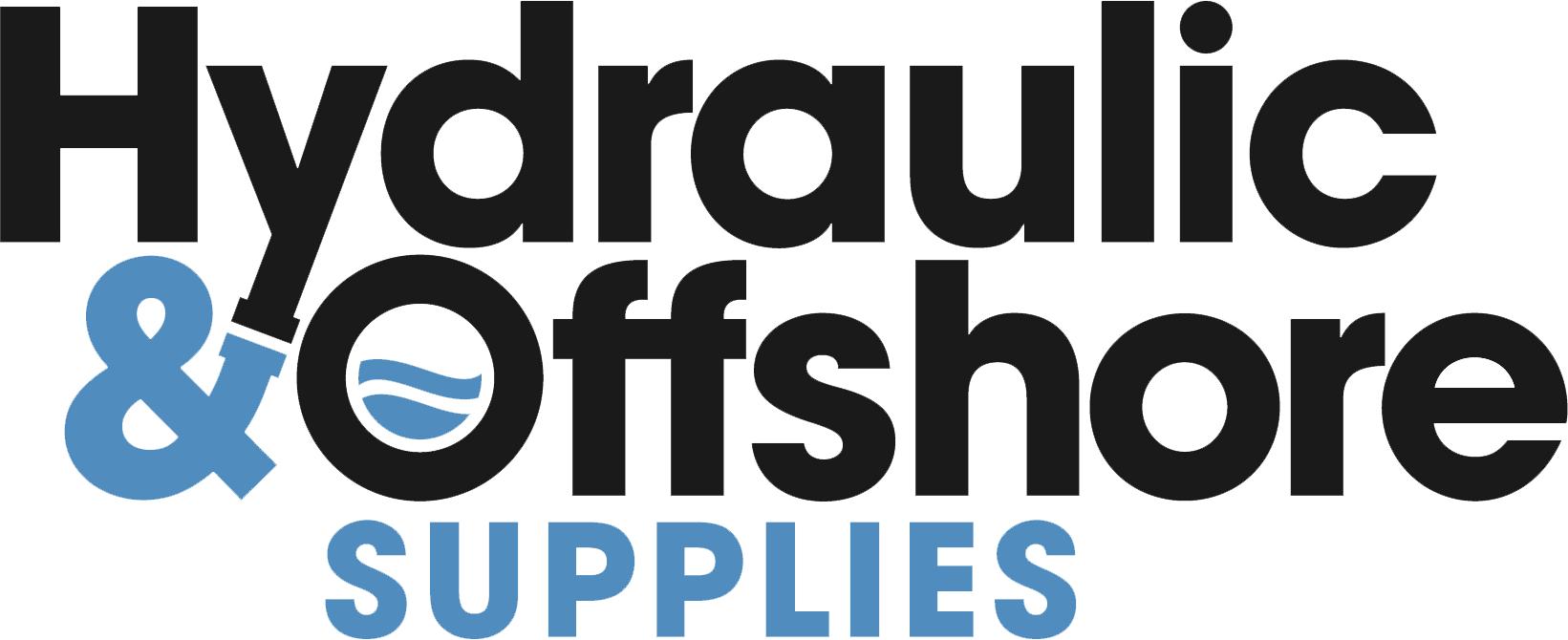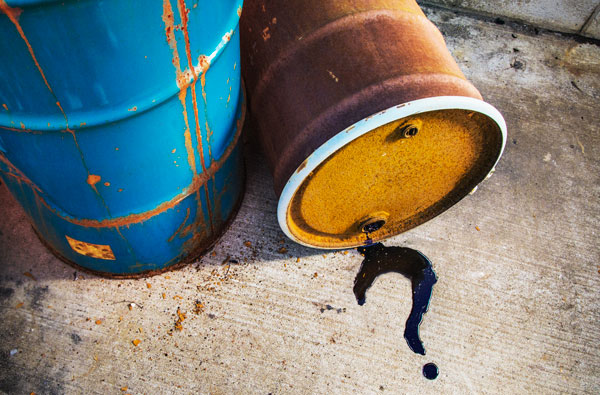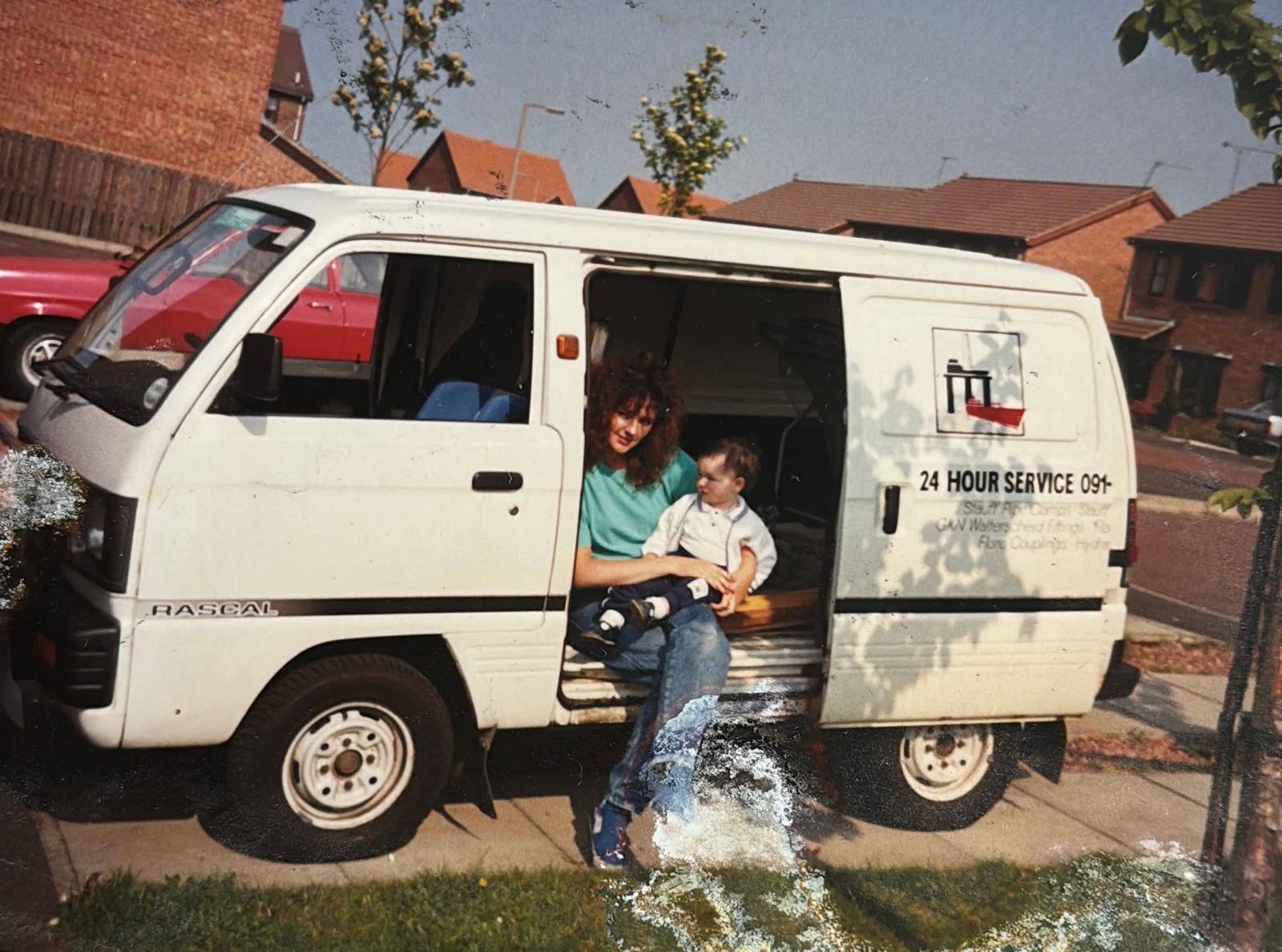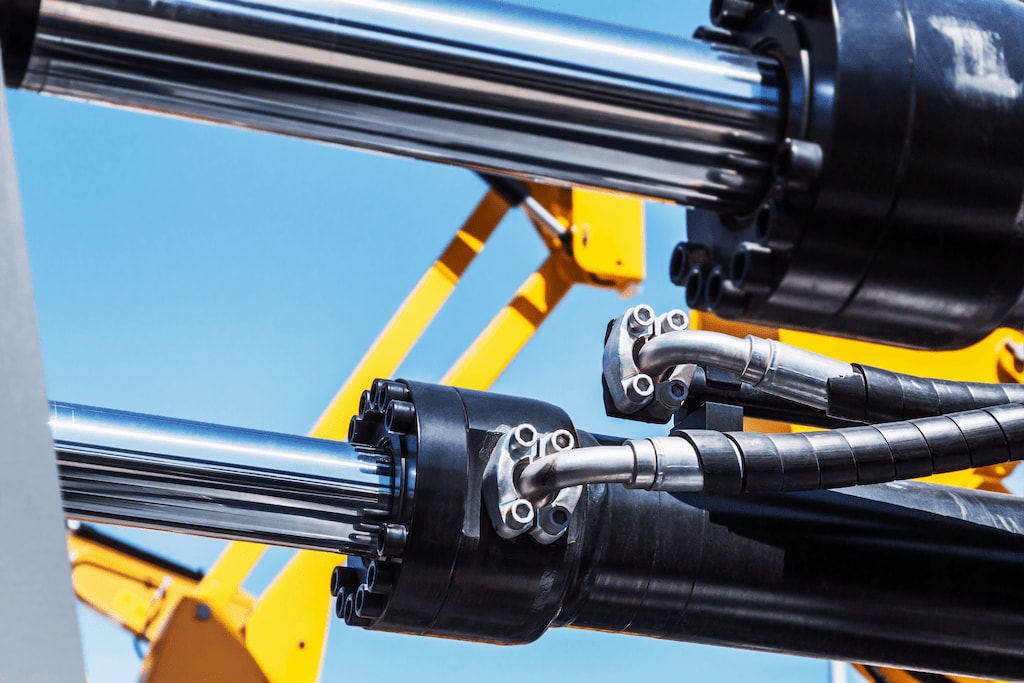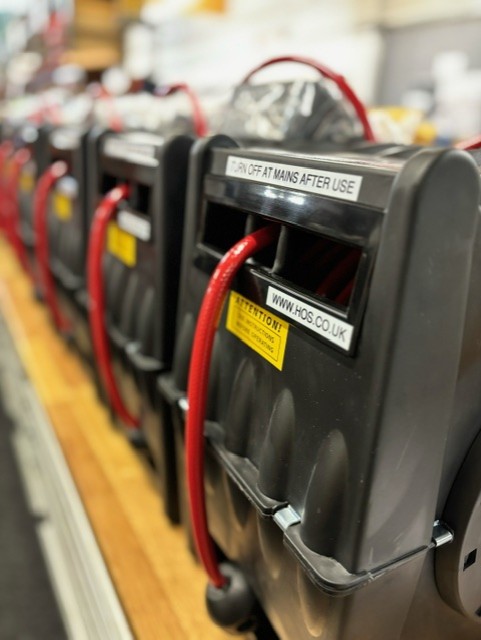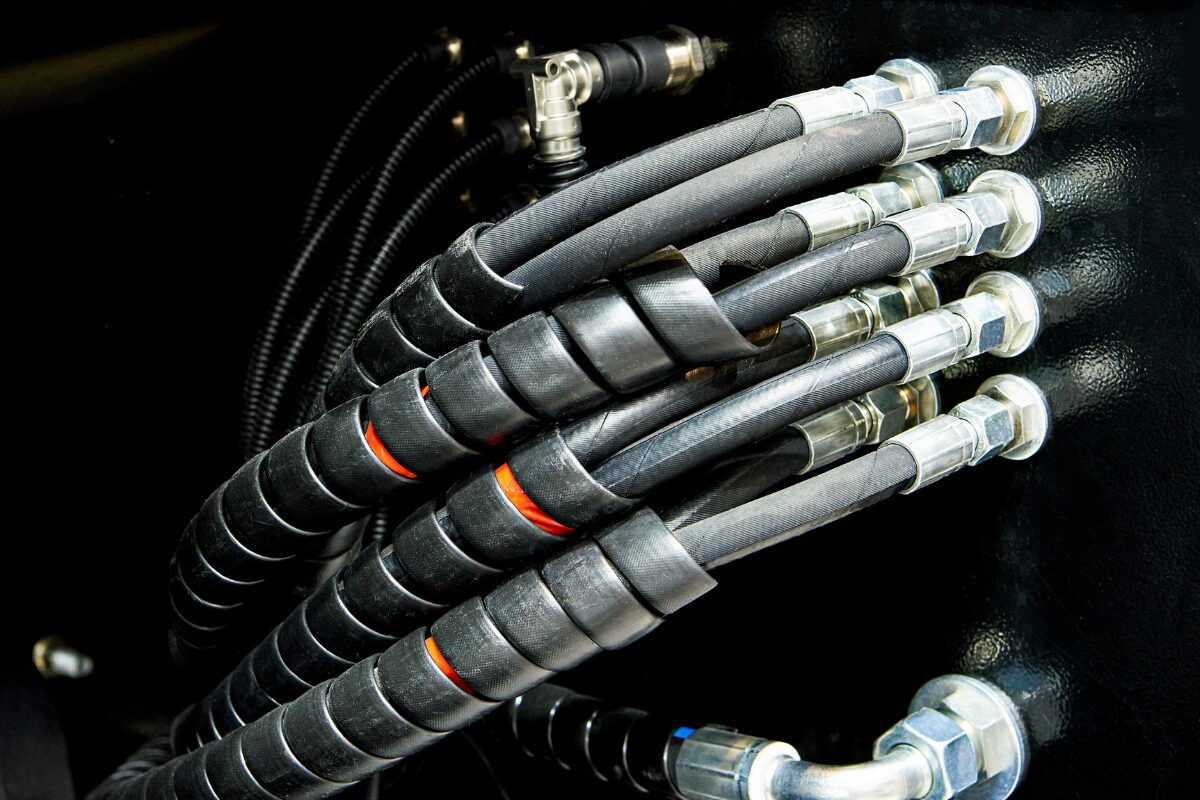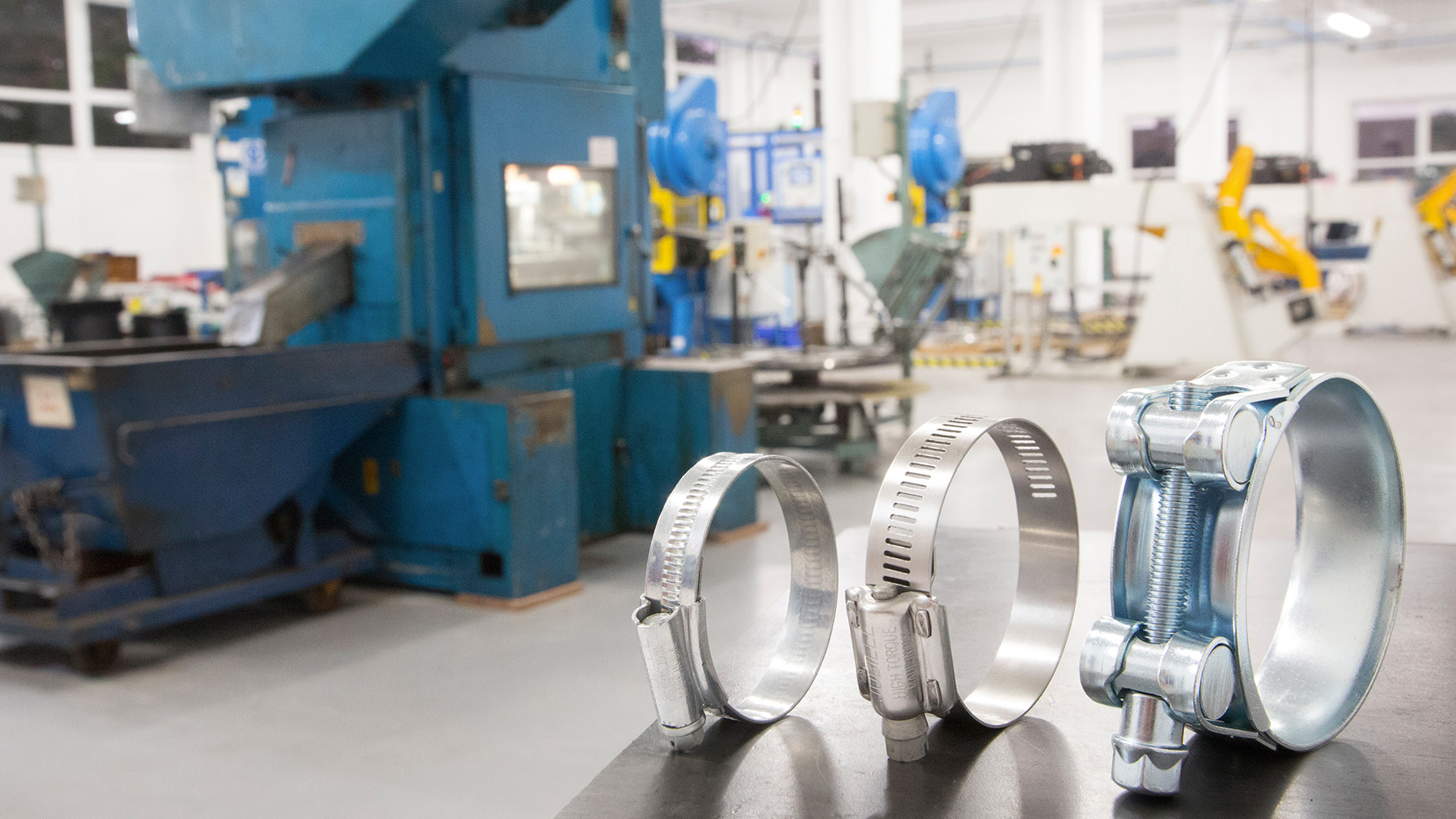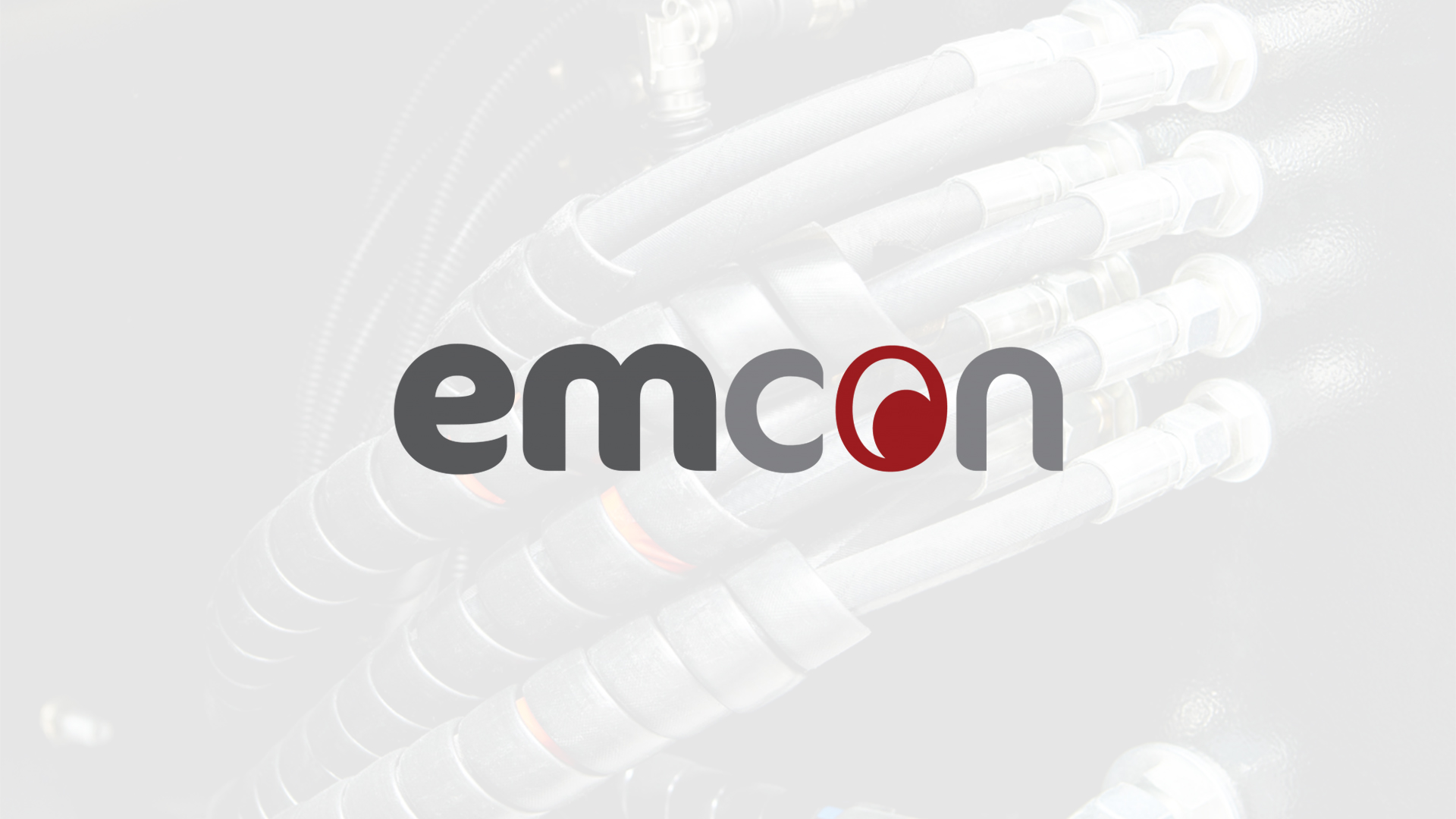How to Properly Dispose of Waste Hydraulic Oil, Hoses & Associated Materials
Getting rid of hydraulic waste isn’t always straightforward, from oily rags to used hoses, the rules can be a bit of a minefield. Not sure when you need a Consignment Note or how to stay on the right side of the law? You’re not alone. This quick guide breaks it all down with clear, up-to-date advice from the BFPA and Environmental Protection Act.
/ 1
Stay compliant, safe, and stress-free.
Disposing of waste hydraulic oil
Hydraulic oil is classified as absolute hazardous waste under the European Waste Catalogue (EWC). As such, its disposal must be fully traceable.
A Consignment Note is legally required before transporting the oil. This document must include:
- The nature and classification of the waste
- A full description including the relevant EWC code
- Details of when, where, and by whom the waste was produced
- The recipient of the waste and transport details
Failing to provide this documentation can result in legal penalties and environmental harm. Hydraulic oil must always be handled with care and in accordance with UK regulations.
Need support with compliant hydraulic oil disposal? Contact our team.
Dealing with hydraulic hoses, rags, spill pads & granules
Hoses
Hydraulic hoses typically contain residues of oil. If the oil used is non-chlorinated, mineral-based and doesn’t display hazardous properties, it carries an EWC code of 13 01 10. The correct waste classification for hoses with this residue is 16 01 22 (mirror non-hazardous waste).
Rags, Pads & Granules
Oily rags, spill pads and granules used during maintenance fall under EWC code 15 02. If the hydraulic oil is non-hazardous, these materials are classed as 15 02 03 (non-hazardous waste).
However, these materials are still considered controlled waste, meaning they must be handled and disposed of responsibly under the Environmental Protection Act 1990, Section 34 (Duty of Care).
Handling waste on site
Before removal from a site, used hydraulic hoses should be fully drained of oil. It’s considered poor practice to return drained oil to the hydraulic system, as this can lead to contamination.
If any waste oil is left on-site at a customer’s location, the service provider (you) remains legally responsible as the producer of the waste. You must:
- Clearly inform the customer of their obligations under WM3 guidance
- Recommend or provide written documentation outlining their responsibilities
- Record this in your job completion paperwork for traceability
Providing a simple printed leaflet or including a clause in your service documents can protect your business and demonstrate your commitment to compliance.
Non-hazardous waste & transfer notes
When transferring non-hazardous controlled waste, such as drained hoses or pads, a Waste Transfer Note is typically required. However, if you’re removing your own waste from the site after completing a job, this transfer note is not required, as the waste hasn’t been passed to another party.
Oil filters & cartridges
Used oil filters are categorised as Absolute Hazardous Waste under EWC code 16 01 07. This means a Consignment Note is mandatory when transporting oil filters or cartridges.
These items require full traceability and proper disposal through a certified waste handler.
What about Scotland & Wales?
Although devolved administrations like the Scottish Environmental Protection Agency (SEPA) operate independently from England’s Environment Agency, the classification rules for waste are consistent across the UK. All governing bodies follow the WM3 guidance, which standardises waste classification nationwide.
So whether you’re operating in England, Scotland, Wales or Northern Ireland, your responsibilities, and the classification of hydraulic waste, remain the same.
Stay compliant, stay responsible
Properly handling and disposing of hydraulic oil and associated waste is a legal and environmental obligation. We’re committed to helping customers stay compliant and operate responsibly.
Whether you need help understanding waste codes, preparing Consignment Notes or organising certified disposal, our team is here to support you.
Contact us today for compliant, hassle-free hydraulic waste handling advice and support.
Contact Our Team